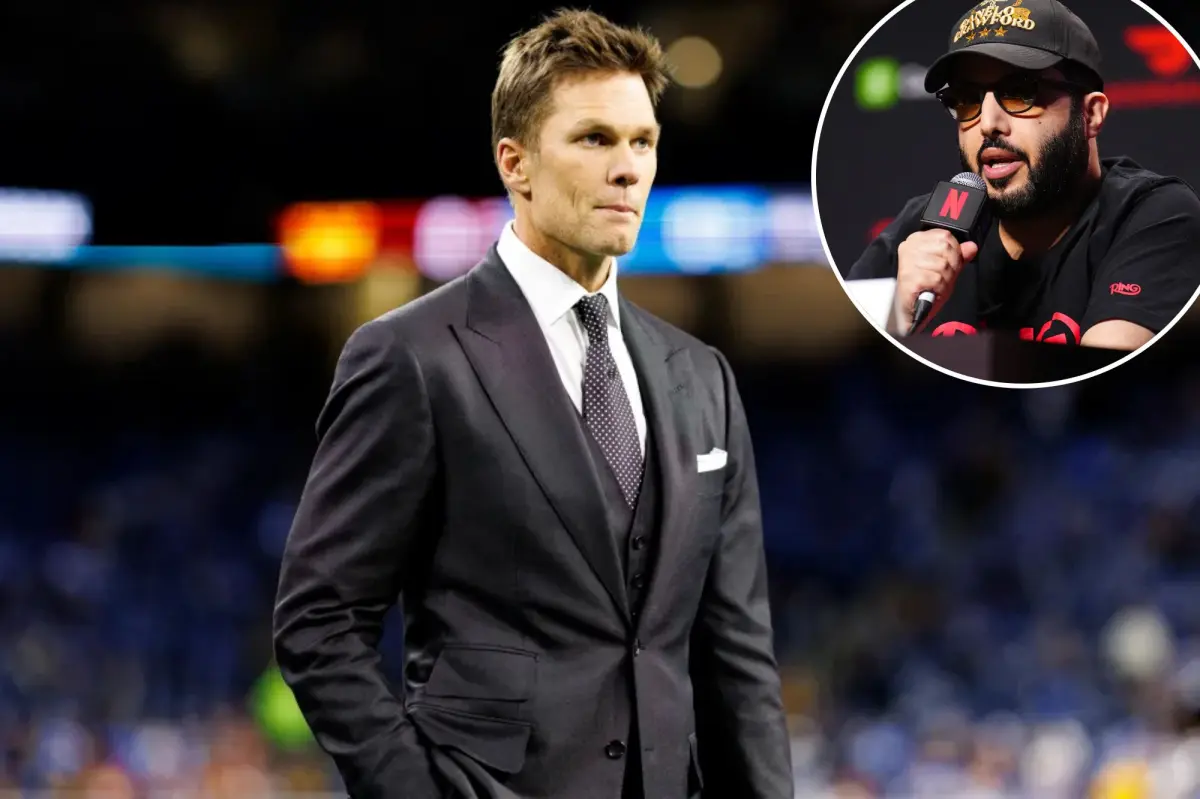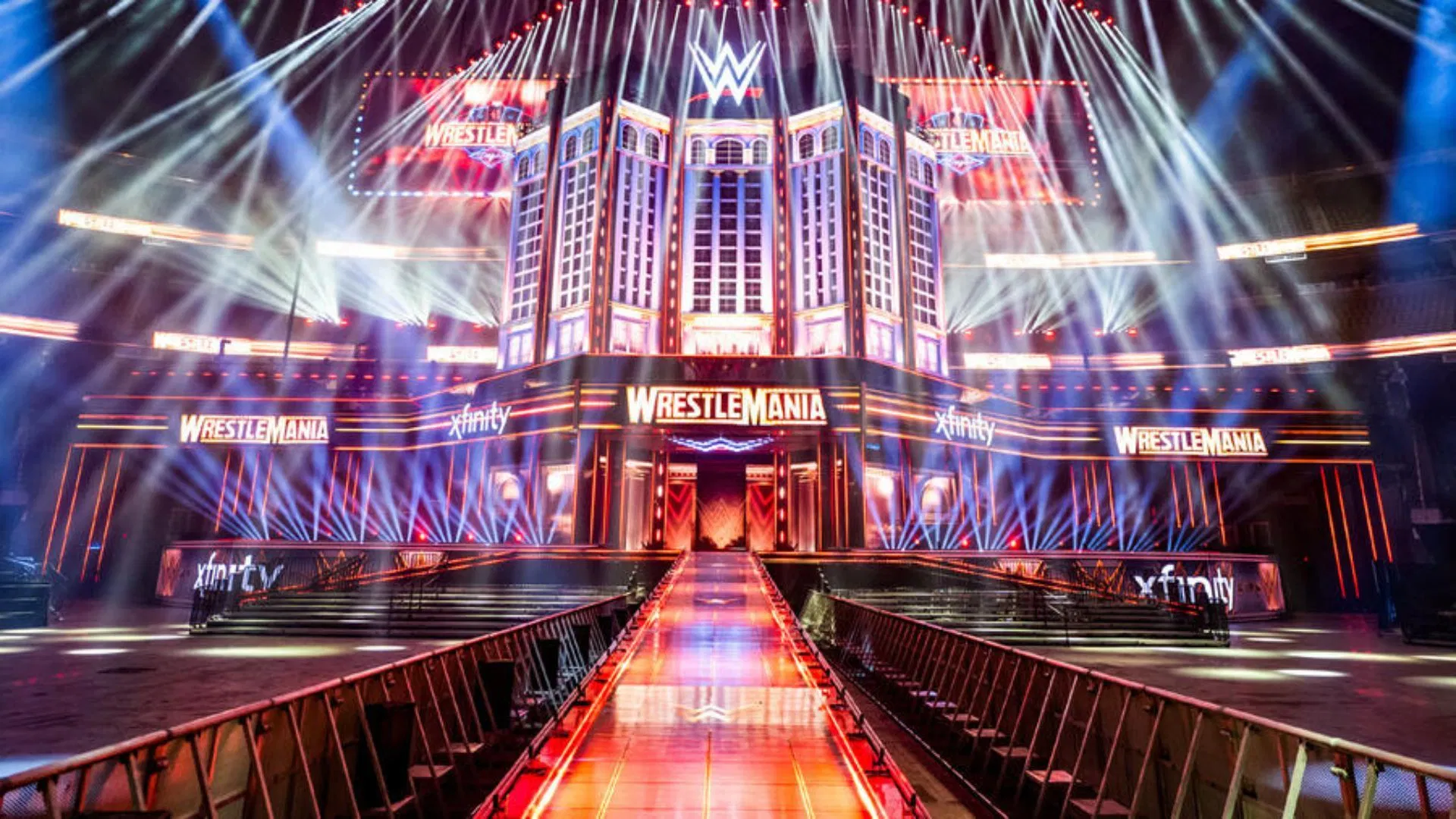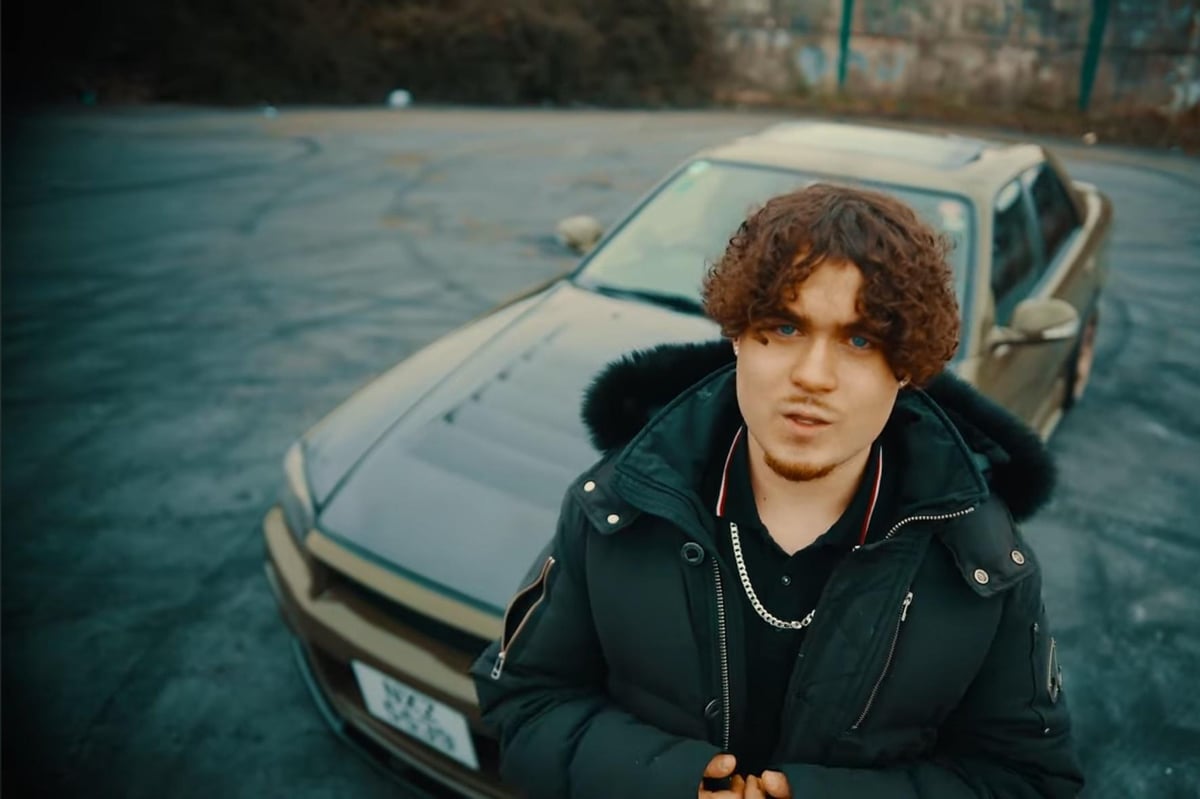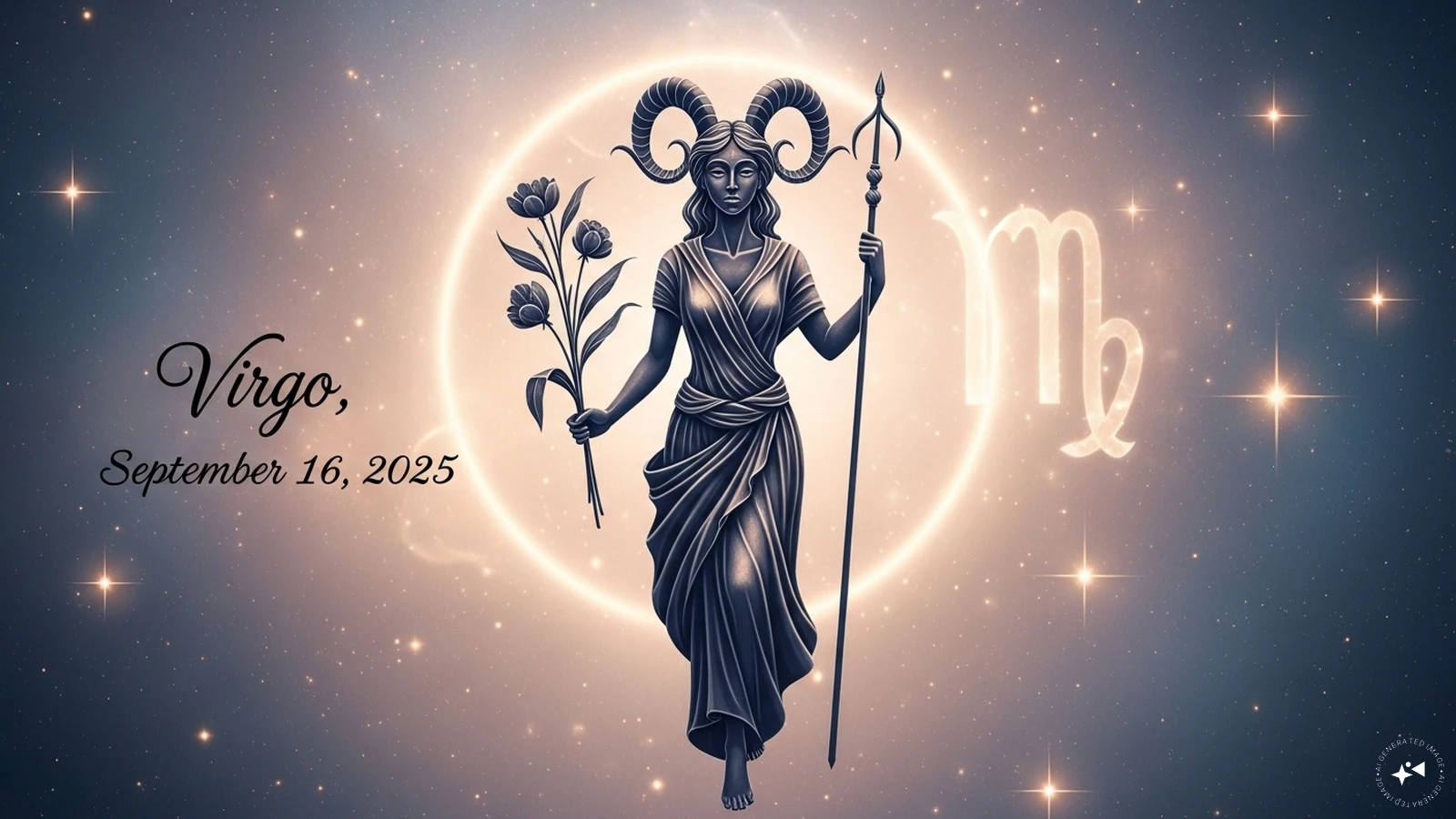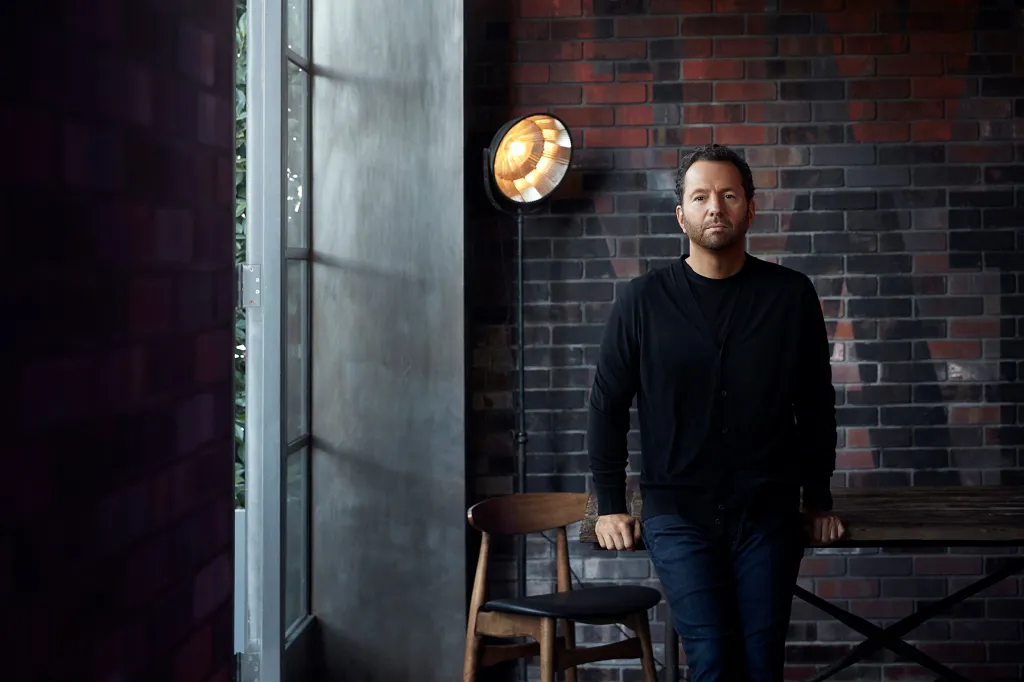
Live Nation CEO Michael Rapino sparked a furor among concert fans last week when he told a CNBC host that concert tickets were underpriced — a sentiment that drew swift condemnation from both casual listeners and dedicated fans frustrated by the cost of seeing live music. While Rapino’s comments caught many off guard, they echoed a line of thinking at the company that predates the pandemic and has only grown louder in recent years.
Despite persistent complaints that concerts are becoming too expensive, Rapino and other Live Nation executives — including president Joe Berchtold and global promoter Arthur Fogel — have long argued the opposite: that ticket prices for many superstar acts are still too low compared with consumer demand.
Speaking at CNBC’s Game Plan conference in Los Angeles, Rapino framed live music as undervalued compared to other forms of entertainment.
“Music has been underappreciated,” Rapino said. “In sports, I joke it’s like a badge of honor to spend 70 grand for a Knicks courtside [seat]. They beat me up if we charge $800 for Beyoncé.” He added, “We have a lot of runway left. So when you read about ticket prices going up, the average concert price is still $72. Try going to a Lakers game for that, and there’s 80 of them. The concert is underpriced and has been for a long time.”
The remarks were quickly clipped, shared across social media, and met with widespread backlash. Grammy-winning songwriter, artist and producer Jack Antonoff responded, “This breaks my heart and is a really sick way of looking at it.” Fans online blasted Rapino as out of touch, pointing to steadily rising costs that have made live music less accessible.
According to Billboard Boxscore, ticket prices for the top 100 tours rose more than 30% in 2024, averaging $130 per ticket — a 9% jump in a single year. Stadium shows in particular have surged, with average prices rising from $125.10 in 2023 to $140.42 in 2025.
It’s unclear how Rapino arrived at the $72 figure he cited, though it was likely calculated across all shows, including clubs and theaters, while Billboard’s data zeroes in on the top-grossing tours. But the contrast highlights a disconnect between how industry leaders frame pricing and what fans experience at the box office.
Still, Rapino’s position is not new. On investor calls as far back as 2021, he has argued that the real proof of underpricing comes from the booming resale market, where tickets routinely trade at multiples of their face value. Berchtold has pointed to more than a billion dollars in annual “price arbitrage” on Live Nation tickets — money spent on StubHub or Ticketmaster’s resale platform rather than going directly to artists and promoters.
That gap between primary and secondary markets remains central to the debate. Rapino and others contend that fans are already proving their willingness to pay more when they turn to resellers, suggesting higher face values could ultimately bring more revenue back to artists. Critics counter that such logic risks pricing out everyday fans and cementing live music as a luxury experience.
For now, Rapino’s latest comments have reignited one of the industry’s most heated conversations: how to keep tickets affordable for fans without the tickets getting significantly marked up on resale sites — and who ultimately gets to decide the true price of a concert ticket. For many fans, though, the idea that tickets are “underpriced” rings hollow. With touring costs, service fees and secondary markups already pushing concerts out of reach, Rapino’s comments feel less like an industry insight and more like a reminder that live music is becoming a luxury few can afford.
Live Nation declined to comment for this article.
